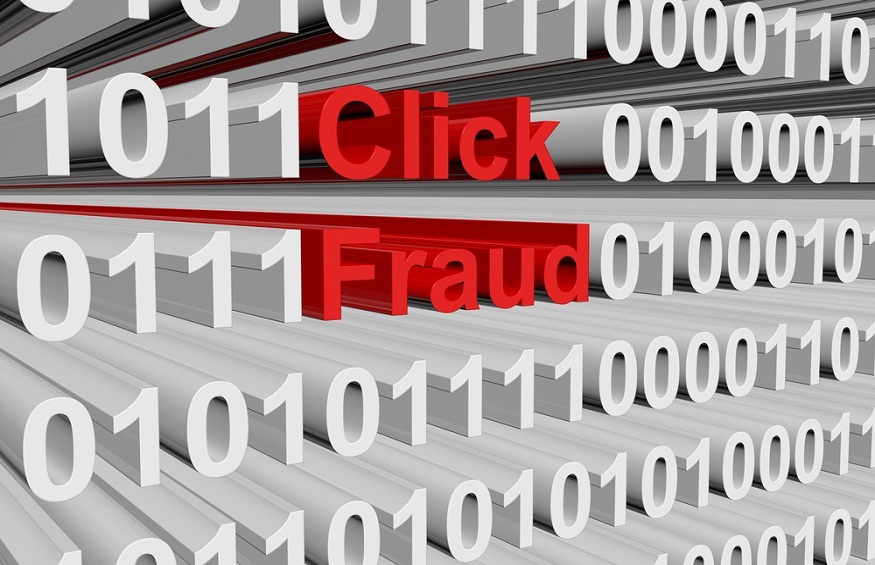PPC (pay-per-click) services are pretty common among digital marketing and SEO firms. They are on a service menu that often includes keyword research, content marketing, etc. Does your company make use of PPC services? Do you pay for service or handle PPC in-house? Either way, you need to be aware of something known as ‘ad fraud’.
Ad fraud is a serious issue that costs advertisers billions of dollars every year. It can be difficult to detect. What’s more, it can be perpetrated by any number of people or organizations, none of which have your best interests in mind. If you are paying for PPC services, your agency should be up to speed on ad fraud. Check with them to make sure they are. If your company manages PPC in house, your marketing and IT security teams should be working together to stop ad fraud.
Ad Fraud in a Nutshell
So, what is ad fraud? Salt Lake City’s Webtek Digital Marketing explains it as the practice of fraudulently driving up ad clicks, views, or impressions for the express purpose of charging advertisers more. For the remainder of this post, we will focus on ad clicks exclusively. Everything you read also applies to impressions and views.
With that said, PPC advertising takes its name from its pricing structure. Advertisers bid a certain amount based on their chosen keywords. The bid price is the amount they pay whenever an ad is clicked by a viewer. More clicks equal a higher bill.
This is advantageous to the advertiser inasmuch as money isn’t being spent on ads that don’t produce results. Yet it is disadvantageous to an advertiser that gets mixed up with an unscrupulous platform operator who thinks nothing of running up fake clicks to increase revenue.
Ad Fraud Takes Many Forms
Webtek further explains that ad fraud can take many forms. The most popular is arguably the click bot. What is a click bot? It is a small piece of software that automates ad clicking. It can be programmed to locate ads and continually click on them around the clock. The beauty of the click bot is that it can be deployed on hundreds of computers via malware. Those computers end up committing the crime of ad fraud while also concealing the identity and location of the perpetrator.
Other forms of ad fraud include:
- Click Farms – Click farms work exactly the same as click bots with one key difference: instead of automating ad fraud with software, fraudsters hire employees who are paid to sit in front of computers clicking on ads all day.
- Ad Stacking – Ad fraud can be perpetrated by creating several online ads that are just 1 pixel in size – too small to be seen. Then those ads are stacked on top of one another in the same digital space. On top is a legitimate ad of normal size. When the legitimate ad is clicked, all the rest are clicked as well.
- Competitor Clicks – Believe it or not, companies have been known to perpetrate ad fraud against the competition. They actually pay employees to click on competitor ads with the goal of depleting their competitors’ advertising budgets without generating any sales.
What you have just read barely scratches the surface of the ad fraud problem. Here is the main takeaway: no matter who handles PPC services for your company, that person or organization needs to be aware of ad fraud and how to combat it. Otherwise, you could be throwing money away. You could be blowing your marketing budget on what amounts to theft.






